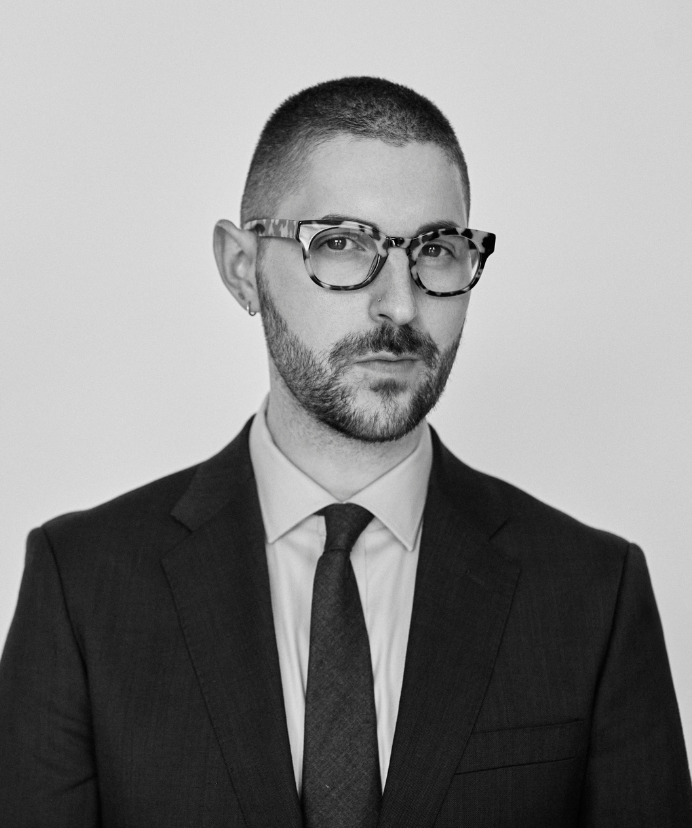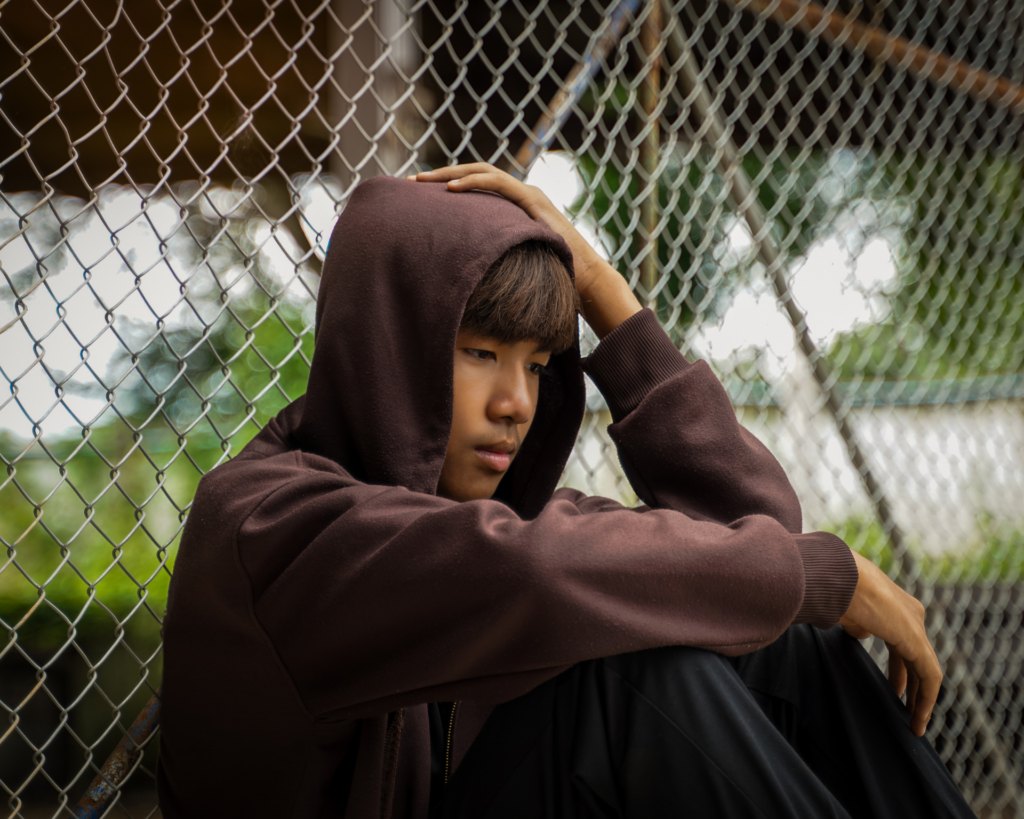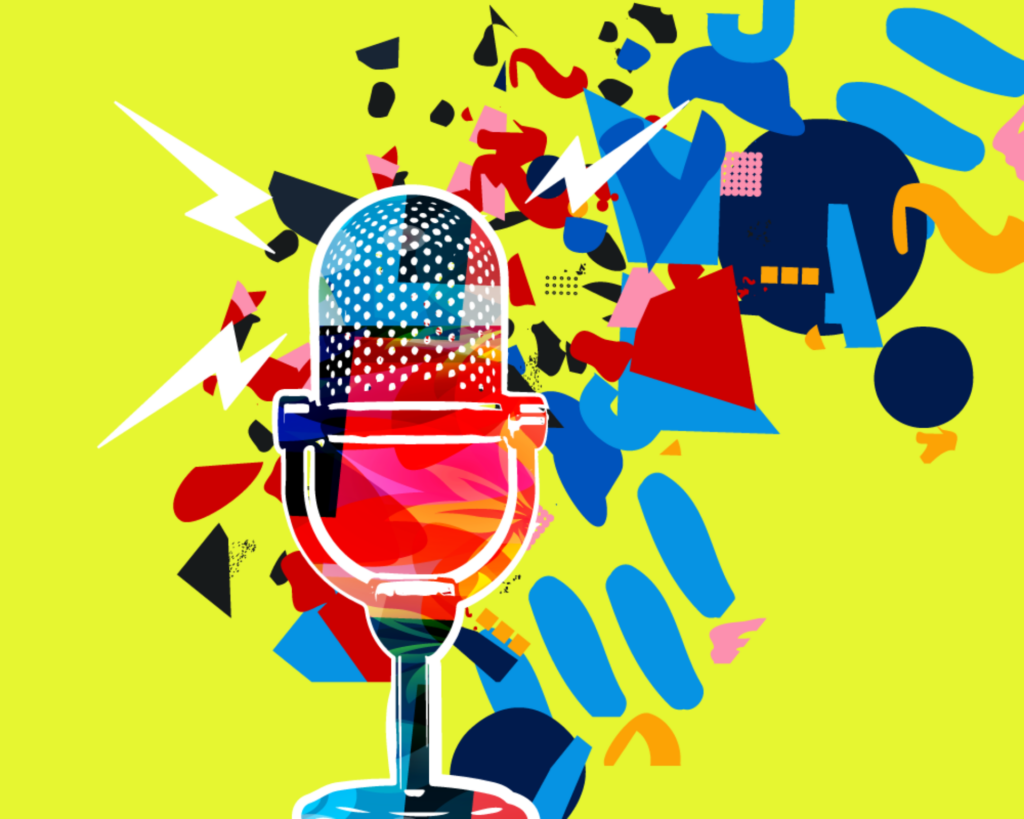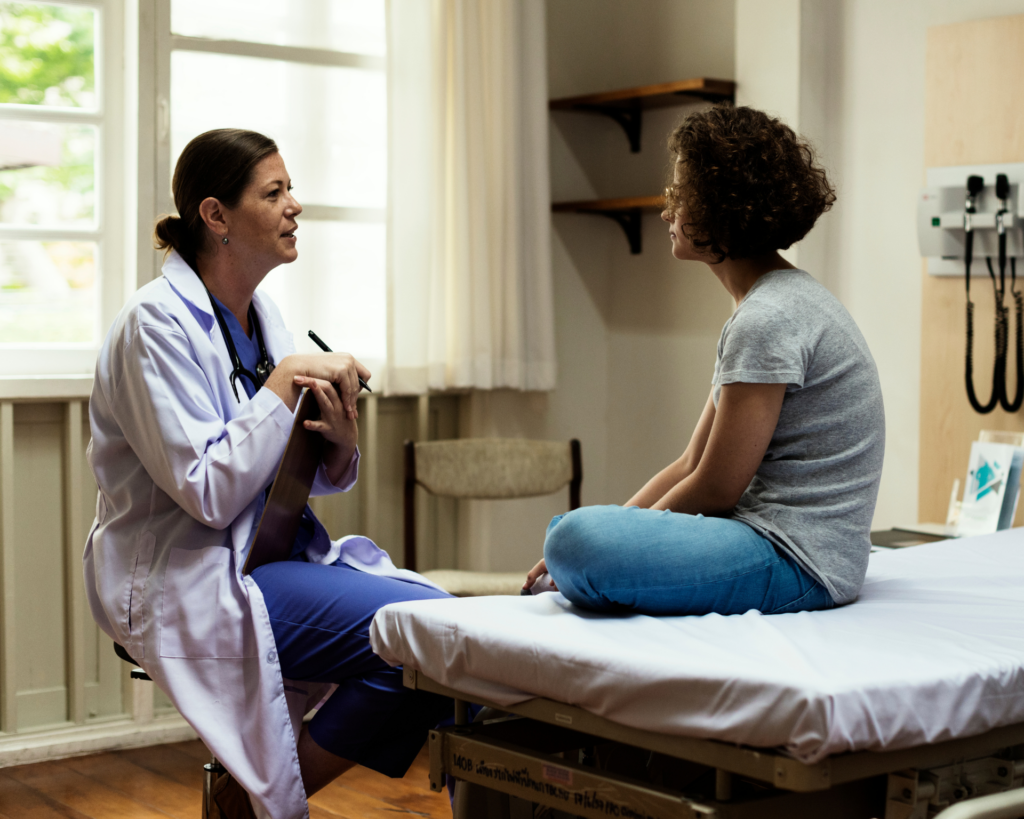LGBT Nigerians Navigate Antigay Laws to Mitigate HIV
Nigeria's NoStrings NG is launching a social media campaign to improve access to LGBT-friendly health services.

Read Time: 4 minutes
Published:
The Criminal Code Act of 1916 and the Same-Sex Marriage (Prohibition) Act of 2014 criminalize homosexual acts, same-sex marriage, attending a same-sex marriage and LGBT advocacy in Nigeria. Nigeria is one of only two African governments to ban LGBT advocacy, and Nigerian anti-gay laws penalize LGBT organizing, though 37 African nations outlaw homosexual acts.
NoStrings NG, a Nigerian LGBT media organization, is launching a social media campaign to engage health providers with the local LGBT community to improve access to LGBT-friendly health services. The campaign shares stories from health providers and LGBT Nigerians living with HIV/AIDS to describe homophobia’s effect on HIV transmission.
“ NoStrings actually serves not just the community, but also tries to shape perceptions around LGBT-related issues more especially because a whole lot of people are looking up to the mainstream media as a source for information,” said Mike Daemon, NoStrings NG project coordinator. “We try to correct certain notions and impressions people have about LGBT-related issues.”
Criminalizing Advocacy for LGBT Health
NoStrings NG partners with LGBT-friendly NGOs, which consult with health providers and HIV-positive Nigerians willing to share their stories on social media.
“You can’t come out officially [or] publicly because of the anti-LGBT law that we have,” said Daemon. “There’s a problem because if you identify or if there is something about you that suggests to people that you’re gay, then you could be arrested.”

“One has to have a strong standing [in the LGBT community] in order to [support] such organizations in a homophobic country like Nigeria,” wrote one Nigerian online supporter, speaking anonymously.
The Same-Sex Marriage (Prohibition) Act of 2014 expanded the Criminal Code Act of 1916 to not only ban same-sex relations, but also to prohibit LGBT advocacy and to restrict organizations from providing health and social services to LGBT Nigerians. After its enactment, 38% of Nigerian men who have sex with men (MSM) reported fear of seeking health services compared to 25% of Nigerian MSM before its enactment.
“That has been a major problem more especially because there is a certain part of the law that tends to criminalize organizations working towards helping individuals living with HIV,” Daemon said.
Nigeria reduced its HIV/AIDS prevalence from 5.8% to 4.1% between 2001 and 2010, though the HIV prevalence among Nigerian MSM increased from 13.5% to 17.4% between 2007 and 2010. Nigerian MSM transmit 10% of new HIV infections in the country.
“It’s quite difficult for LGBT persons to access their drugs, and sometimes getting to trust [health providers] is another problem because a whole lot of people are suffering from internalized homophobia,” Daemon said.
Daemon understands how moving these clandestine conversations from the ground to social media, where the Nigerian government monitors advocacy less attentively, shapes LGBT organizing and LGBT health.
“We have quite a limited number of LGBT organizations catering for HIV-infected LGBT persons in the country currently, and most of them are actually on the ground [supporting the Nigerian LGBT community],” Daemon said.
NoStrings NG introduced the social media campaign to improve LGBT visibility online and access to LGBT-friendly health services, which might serve as a model for other LGBT organizers advocating in homophobic contexts.
A Safe, Queer, Online Space
NoStrings NG uses its website, podcasts, Facebook and Twitter to advance LGBT representation and HIV/AIDS online. The Nigerian online supporter notes how NoStrings NG’s social media campaign offers a safe, queer, online space for LGBT Nigerians .
“It gives the LGBT Nigerians better coverage, and it helps indirectly to reduce bigotry,” the ally wrote in an email. “It is safe because people of the community are free to express themselves without discrimination or bigotry. It gives them an assurance that they are not alone facing challenges due to their sexuality.”
“Options are limited for LGBT persons because a whole lot of the time they have other health issues that they would like to talk about,” Daemon said. “They need an organization that is completely friendly.”
NoStrings NG introduced the social media campaign to improve LGBT visibility online and access to LGBT-friendly health services, which might serve as a model for other LGBT organizers advocating in homophobic contexts.
“The project is trying to explore why this is wrong [and] the negative things that these laws are doing to individuals in terms of people wanting to test and the fear of exposure,” Daemon said.
Featured Image: Ian Cochrane, Lagos DSC04208 Nigeria, used under CC BY/cropped from original



